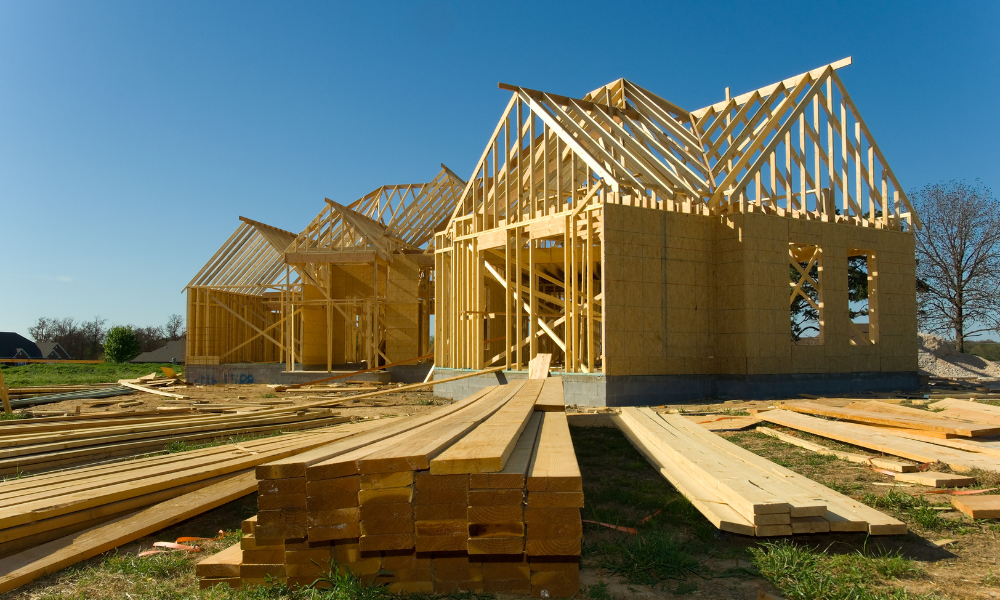Housing Minister affirms commitment following release of new data

Ontario’s Housing Minister Paul Calandra assured the public Thursday that the province remains committed to building 1.5 million homes by 2031, despite newly revealed projections indicating the government is likely to fall short of its annual targets over the next several years. Opposition leaders are voicing strong criticism over what they view as a lack of tangible progress on a key commitment by Premier Doug Ford’s government.
The updated fall economic statement released Wednesday has projected significantly fewer housing starts for 2024, with the current estimate down to 81,300 units from the previous target of 125,000. This figure, already below expectations, indicates the ongoing challenges faced by Ontario in reaching the pace necessary to meet its long-term housing goals, a CBC News report highlighted. Minister Calandra, however, dismissed suggestions that the government has abandoned its promise.
“We will not fail on the goal of building 1.5 million homes,” he said, asserting his confidence in hitting the target.
The provincial government attributes the slowdown in housing starts to high interest rates, which have deterred both builders and prospective buyers. “We are one province in a confederation that all faces the exact same interest rates,” said Liberal MPP Adil Shamji, contrasting Ontario’s progress with Alberta, which has seen a record number of housing starts this year.
Alberta’s expedited approval processes—averaging less than six months in major cities—are widely considered a contributing factor to its robust housing market. In contrast, the Greater Toronto Area (GTA) requires an average of 20 months for similar approvals, according to the Building Industry and Land Development Association (BILD).
Opposition criticizes slow housing progress
The Ford government recently introduced the Cutting Red Tape to Build More Homes Act to address approval delays and streamline construction timelines. Still, industry leaders like BILD CEO Dave Wilkes warned that high government fees and taxes are increasingly difficult for developers to absorb, with these costs representing up to 25% of a new build’s total expenses in the GTA.
Opposition leaders contend that relying solely on private developers is insufficient to meet the province’s housing needs. NDP leader Marit Stiles emphasized that Ontario must “get back in the business of building the truly, deeply affordable homes,” pointing to government-funded projects as a necessary step to address affordability concerns. Critics, including housing advocate Eric Lombardi of More Neighbours Toronto, argued the Ford administration has failed to act on recommendations from its own 2022 housing task force, which suggested increased densification in urban and suburban areas.
“We need to legalize building mid-rise multiplexes, small apartments in far more places than they're allowed today,” said Lombardi, who supports reducing development taxes and the HST on new construction as measures to bolster Ontario’s housing supply. He suggested that Ontario’s housing challenges require provincial-level solutions, asserting that “the government with the most tools to solve the housing crisis in Toronto and Ontario is the provincial government.”
Do you have something to say about this story? Leave a comment below.



